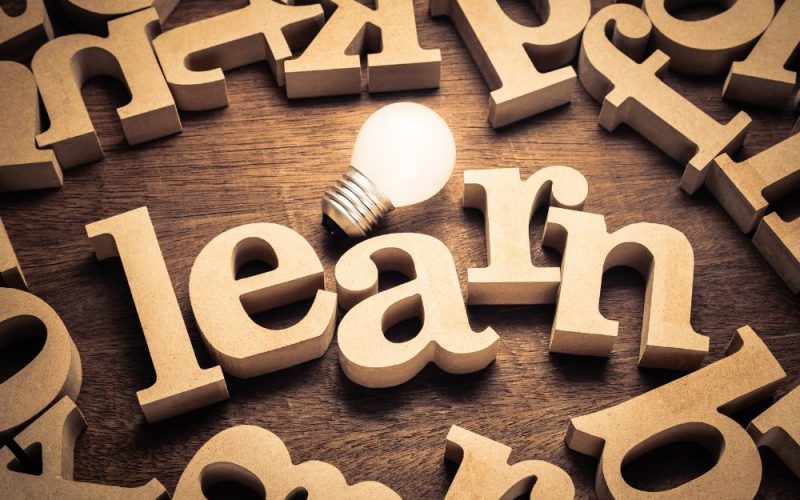“Experience has taught me to put a premium on those people who can appreciate you for what you are.”
While, currently back home in Canada for vacations, talking to a friend today I realized that I am about a couple of years away from my fiftieth birthday. The realization comes without warning and I am suddenly confronted with the feeling of time inexorably passing me by.
Earlier, a fiftieth birthday seemed to be something that could only happen to other people. I find myself guilty of having wasted time, a lot of it indeed, because I thought there was an endless supply of it. Now, all of a sudden, there seems so little of it in store. This makes me reflect on the things that I have learnt during my life. Please, just for the hack of it, allow me to share a few of the things I have learnt, at a purely personal level, in the past many years.

KEEP LEARNING, KEEP GROWING: Life is an exercise in discovery and growth. Please excuse me for the use of a cliché but the most important thing to learn in life is to ‘learn to learn’. It is not about books, degrees, or training only, it is much beyond that. One can learn and grow till the last breath of one’s life through awareness. The idea is to keep a childlike sense of wonder breathing down one’s neck. Nothing stifles learning more than dogma, in which I see less hope than in ignorance. The Quran cites the prayers of almost all the major prophets of God. The prayers of the Prophet of Islam appeal to me in that they entreat God to increase the Prophet’s knowledge and to allow the Prophet to observe things in their verity. This is an endless journey in which there are no such destinations as absolute truth or complete knowledge but in which we must register progress with every passing day of our life. As I observe the new generation I am very happy to note that they are much les burdened with the imperative of bargaining their idealism for financial security as the modern society is much better equipped to help them along in the process of growth and self-realization through pursuing their foremost individual interests.
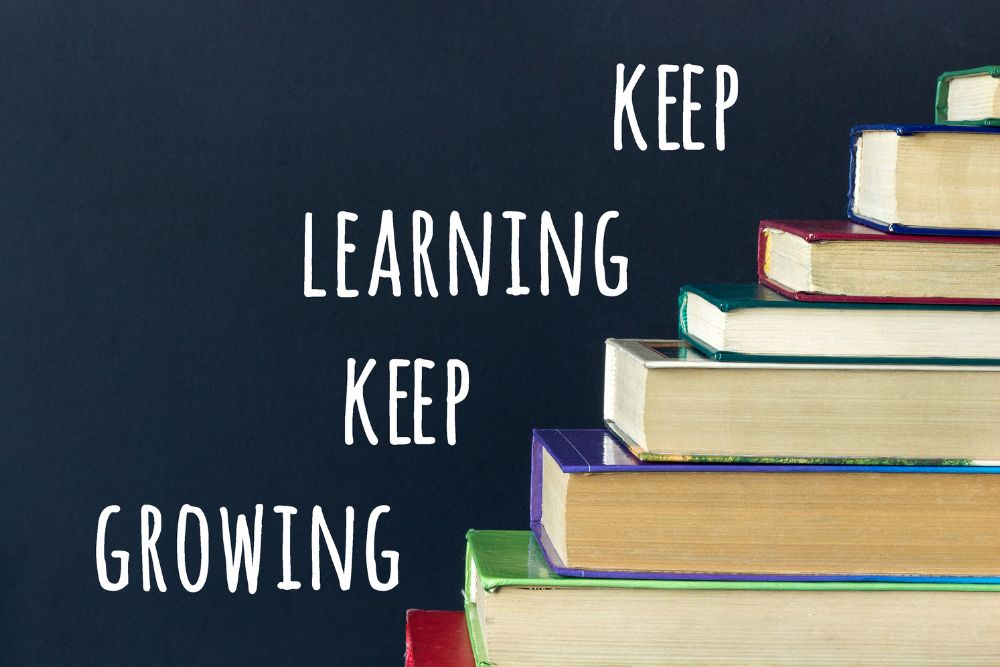
PRESERVE YOUR HAPPINESS: While growing up I saw that my mother, despite her very difficult life, was always a happy woman. As I observed her over the years I realized that happiness was not something that existed outside of us and thus we could look to the world to bring us joy. It is also not a role that we play with a smiling face and sparkling teeth. I felt as if she instinctively knew the art of being contented with herself and living in the moment. Happiness cannot exist without contentment. I think man is created to be happy and more often than not we create our own unhappiness. Hence, I have learnt that being happy is about the absence of unhappiness. Freedom from unhappiness is within our reach. Unhappiness leaks into our existence through emotions like greed, fear, envy, anger, etc. which all create unhappiness. Thus we must guard against these emotions to preserve our happiness.

BEWARE OF YOUR MIND, RISE ABOVE THOUGHT: Let’s not get trapped into the activity of our mind because our sense of self does not depend on it. Notwithstanding what the popular psychology books may say, life is a journey in self-awareness but never in self-absorption. Often a negative mind preys on us through the thoughts it generates. We must strive to not to allow these thoughts power over ourselves and to learn to merely smile at the voice in our head. Such thinking is 95% repetitive and useless, causes leakage of vital energy, and much of it is harmful because of its dysfunctional and often negative nature. This kind of compulsive thinking is actually an addiction. We must avoid the tendency to dive in or get carried away or caught up with the contents of our thoughts. By being more mindful of what we are thinking, we will be able to direct our thinking as we wish.

We should listen to our thoughts to become aware not only of the thought but also of ourself as a witness of the thought. The thought then loses its power over us and subsides as we are no longer energizing the mind through identification with it. When it subsides, we experience a discontinuity in the mental stream – a gap of ‘blank-mind’. When these gaps occur we feel a certain stillness and peace inside us. Thought does no exist without consciousness, but consciousness does not need thought. As we learn this, some times we will find ourself smiling at the voice in our head as we would smile at the antics of a child.
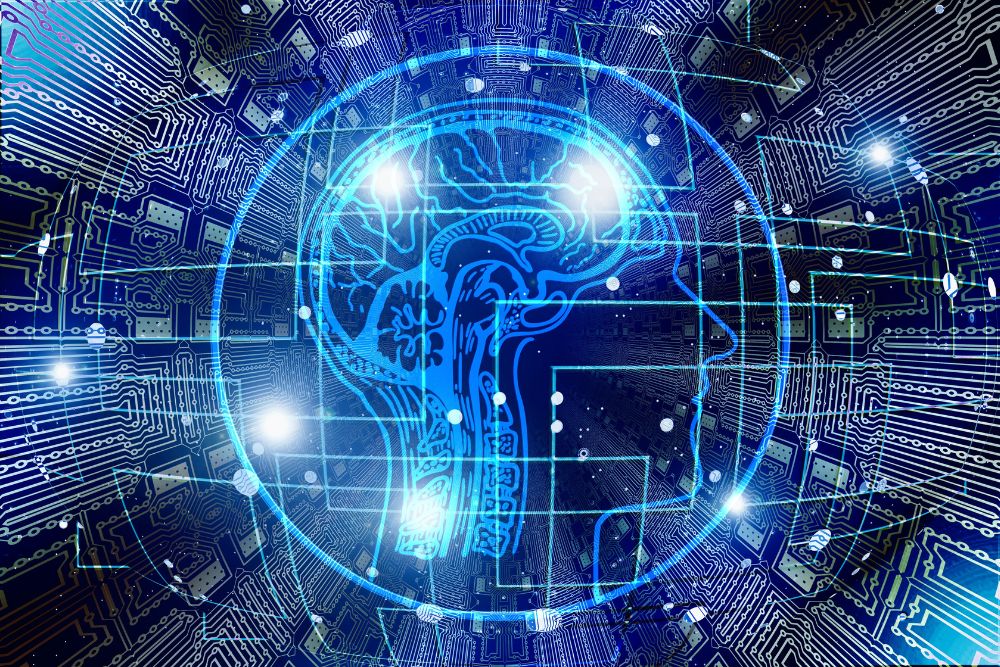
We can also create a gap in the mind stream simply by directing the focus of our attention into the present moment. Thus we will be highly alert and aware but not thinking. Every activity becomes an end in itself. We must realize deeply that the present moment is all we ever have and make it the primary focus of our life. We should make it our practice to withdraw attention from past and future unless they are needed to deal with the present aspects of our life situation. The present moment is inseparable from life as it is the field on which the game of life happens. Hence our relationship with the present, more than anything else under our control, determines the quality of our life.
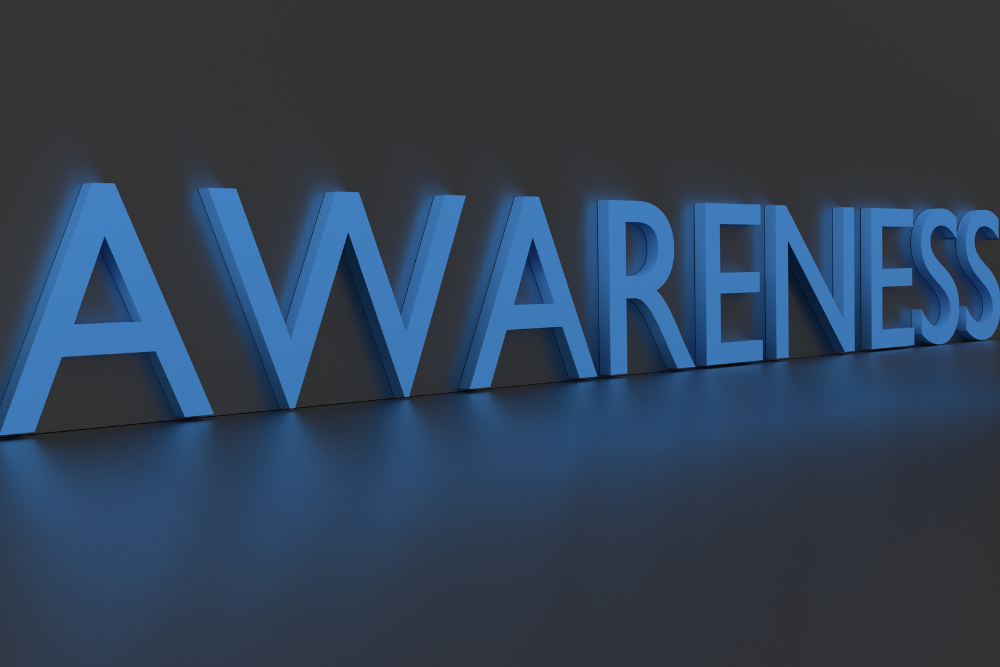
As the mind becomes more stable and balanced, simple breath awareness shall do. At that point we note that prior to every voluntary action there is a mental intention. Becoming more mindful of our intentions strengthens our mindfulness in action.

LIVING IN THE PRESENT: Following from the above, the present moment, whether pleasant or difficult, is all we have. In the ego mode the mind is dysfunctional and the present moment hardly exists; only past and future are considered important. The ego is always concerned with keeping the past alive and projecting itself into the future. If we delve into the past, it will become a bottomless pit. When we feel that we need more time to become free of past we hope that future will free us of the past. This is a delusion. Only the present can free us of the past. The best preparation for the future is to deal with the present happily and wisely. The idea is to be happy and at peace in the present. The pain that we create in the present is always some form of non-acceptance of what is. The present moment is all we ever have and it is futile to create inner resistance –either through judgmental thoughts or negative emotions- to something that already is. Accept – then act. Whatever our situation, and whether our thoughts and emotions about this situation are justified or not makes no difference. The fact is that if we resist what is, we make the present moment into an enemy and create unhappiness which pollutes our inner being and those around us. In a relationship also when there is a lot of past, we need to focus on the present or else we may continue to recreate and relive the past.
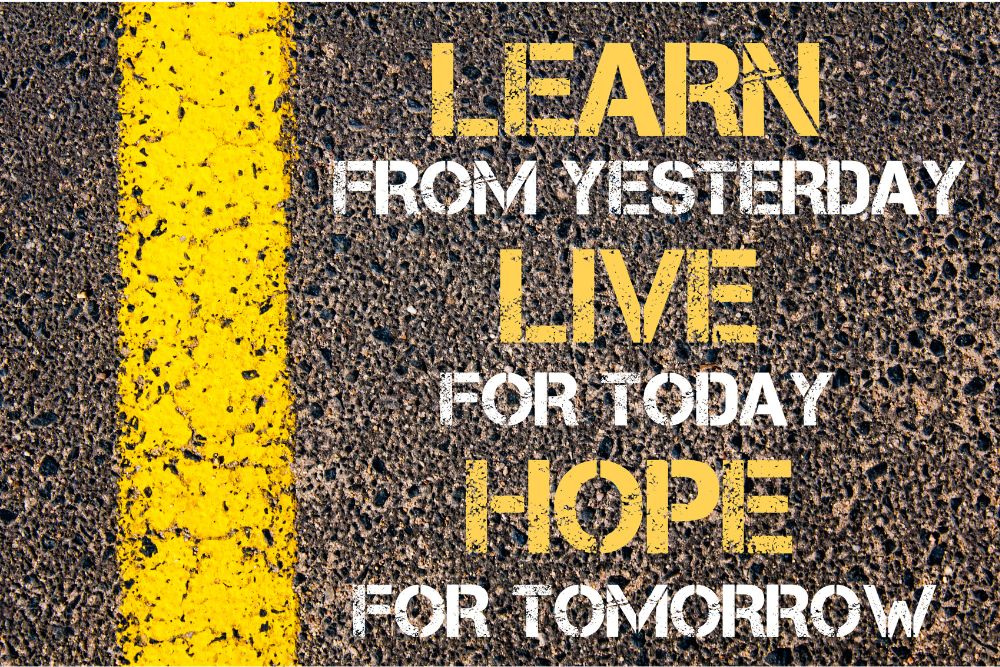
I have learnt that if I find my present intolerable and it makes me unhappy I have three options: remove myself from the situation, change it, or accept it totally. If I want to take responsibility for my life, I must choose one of those three options and then accept the consequences. No excuses and no negativity that create a false, unhappy self that loves feeling miserable, resentful, or sorry for itself. I try to allow the present moment to be, to offer no resistance to what is, and to accept the impermanent nature of all things and all conditions. I have seen and marvelled at people who have learnt to never allow what they cannot control to upset them.
LETTING THE LIFE FLOW: On a personal level the worth of our life is determined by the quality of our existence. Which is the first step before some lives gain in their utility for their community or broader humanity and a few –like those of Socrates, Shakespeare, Einstein, Mother Teresa etc- become a part of the cosmic spirit. Life is about living in the tissues of every moment. There is nothing wrong with striving to improve our life situation which is different from life. Life is our existence, our deepest inner being. All religions tell us that it is already whole and complete. Our life situation consists of our circumstances and our experiences. We can set goals and strive to achieve things but never use it as a substitute for a feeling of life, for existing as the most important creation of God. According to all the scriptures and based on experiential commonsense the life is not designed to be easy for a vast majority of humankind, instead for most of us it is likely to be difficult either in parts or predominantly and therefore, despite our best efforts to shape it, we need to be able to deal with it as it unfolds itself.
OBSERVE OUR EMOTIONS: We must make it a habit to ask ourselves: What is going on inside me at this moment? Make it a habit to monitor our mental-emotional state through self-observation. “Am I at ease at this moment?” This will help us guard against negative emotions imperceptibly creeping up our existence. The driving emotions should be those of contentment, acceptance, joy, enthusiasm, and compassion. Most other emotions are likely to feed negativity.

BE A SOCIAL ANIMAL IN THE TRUE SENSE: We must devote ourself to loving others, devote ourself to our community around us, and devote ourself to creating something that gives us purpose and meaning. Invest in the human family. Invest in people. Build a little community of our own, of those we love and who love us.
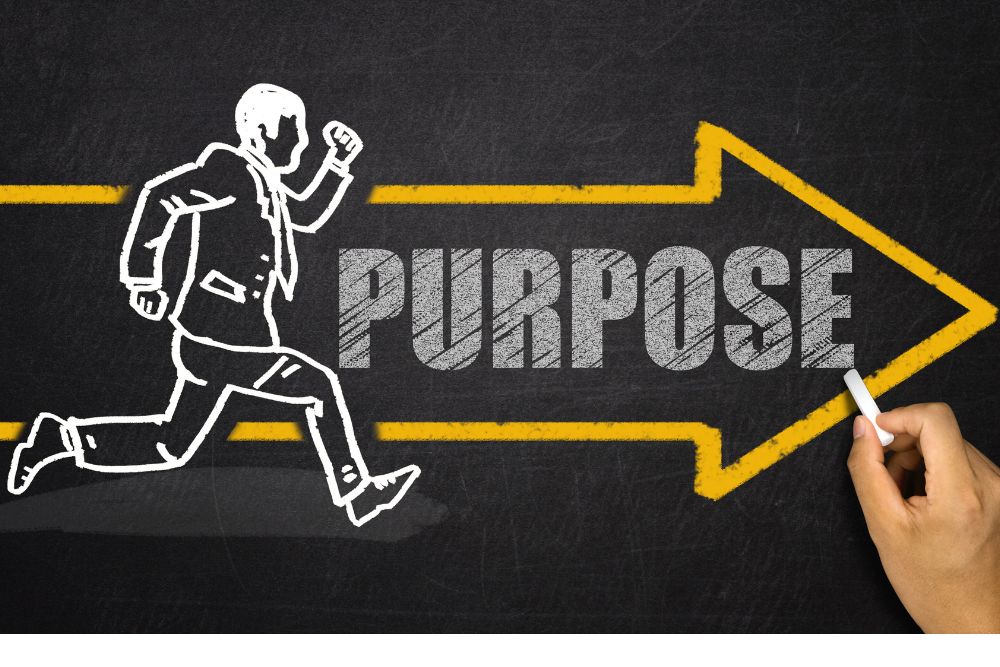
Kindness to others, including strangers, costs nothing and is occasionally repaid in unexpected ways. Too often, we are impatient and hasty in the way we deal with others, particularly those less fortunate than we are. We are reluctant to say ‘please’ and ‘thank you’ to servants or underlings at work. We should treat all human beings with equal dignity regardless of their status. We should always keep the promises we make and this starts from first keeping the promises we make to ourselves.
NEVER WALLOP IN SELF PITY: Early in my youth I realized that the most futile human emotion is fear. Which, it is. However in the years to follow, as I experienced, observed, and leant, I came to understand that all forms of self-pity are also very destructive. Some people get angry when we discuss this as if we are threatening to take away their sense of who they are. As if, for many years they have unconsciously defined their whole identity in terms of their problems and their suffering and that they would be nothing without it. Justifying self-pity is like defending our right to suffer. For example, once we realize that a certain kind of food makes us sick; would we carry on eating that food and keep asserting that it is okay to be sick? We should never allow unpleasant experiences to become our life story – our identity. We should not allow the mind to keep the past alive unnecessarily and then build an identity around it. Negative emotions can survive inside us for days, weeks, or years becoming a parasite that can live inside us for years, feed on our energy, make our life miserable. We can only keep our unhappiness alive by giving it time. Remove time and compulsive thinking from beneath unhappy feelings and they die. They cannot survive without a dwelling place inside us, which we must never allow them in any form whatsoever. We only have to truly want them to die. This also transforms our outer life, our relationships, and so on.
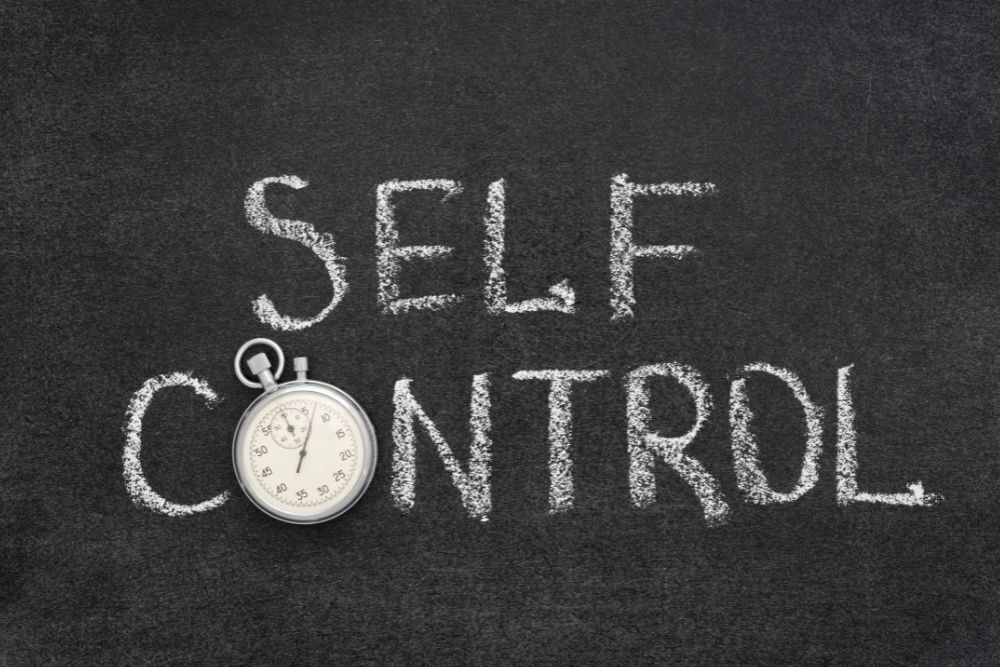
Experience has taught me that we don’t need to subject ourselves to a great deal of suffering before we will relinquish resistance and accept – before we will forgive. The idea is to live in complete acceptance of what is. It is never worth it to not to let go of pain because doing so would threaten our identity as a hard-done-by person.
FORGIVING: I have learnt that true forgiveness is what brings a human closest to God’s attributes. True forgiveness is always unconditional; expecting something in return is like cutting a deal. When we don’t forgive our mind keeps holding on to a grievance pattern such as blame, self-pity, or resentment that feeds negative emotions. Forgiveness is to relinquish our grievance and so to let go of grief. In most cases our grievance serves no purpose except to strengthen a false sense of self. We cannot truly forgive ourselves or others as long as we derive our sense of self from the past. True forgiveness renders the past powerless.
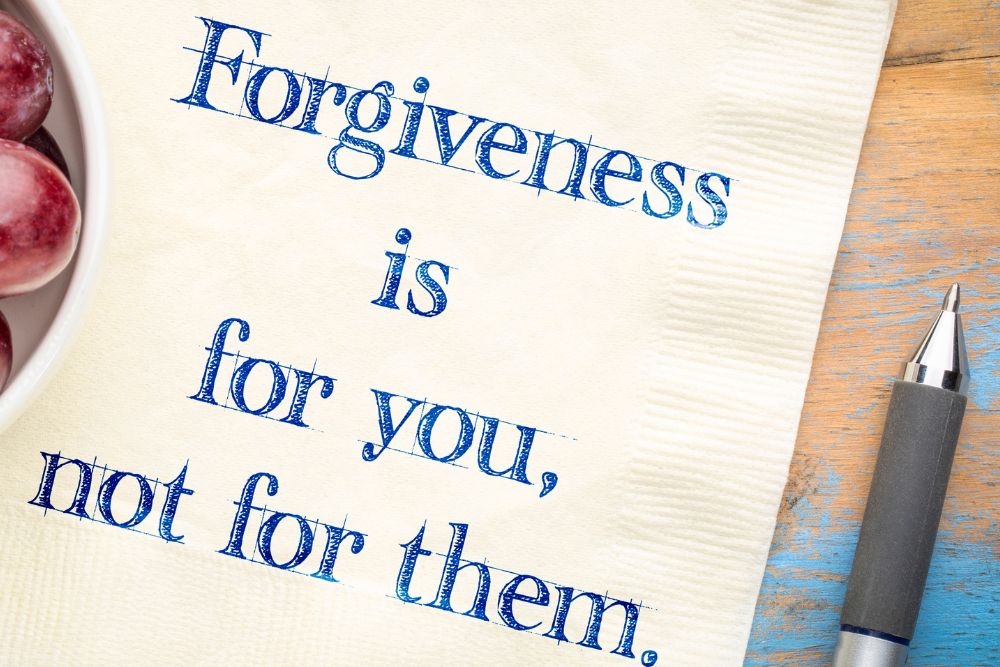
MANAGE THE EGO: The two most important things to manage in life are time and ego. While generally the intelligent people realize the importance of time early enough and learn to manage it well, it is surprising how the ego continues to fool and prey upon even the most intelligent and the brightest. It plays tricks with us in the guise of our mind. Striving to be absolutely authentic at all times is a great antidote for ego. The old adage “doing is never enough if you neglect being” carries timeless wisdom in it.

Ego identifies itself with possessions but –as pointed out in all divine wisdom- what nourishes the ego even more than ‘having’ is ‘wanting’. There is no end to letting desires rule our life. We will not find meaning in our life if we keep running all the time looking for it. We are only thinking the next car, the next house, the next job. Then we find those things are empty too, and we keep running.
Never show off. If we are trying to show off for the people at the top, forget it. They will look down at us anyhow. And if we’re trying to show off for people at the bottom, they will only envy us. Only an open heart will allow us to float equally between everyone. Regardless of the popular psychology bullshit, at some point in our life –sooner rather than later- we have to become comfortable with who we are. Hence, no matter what, be authentic.
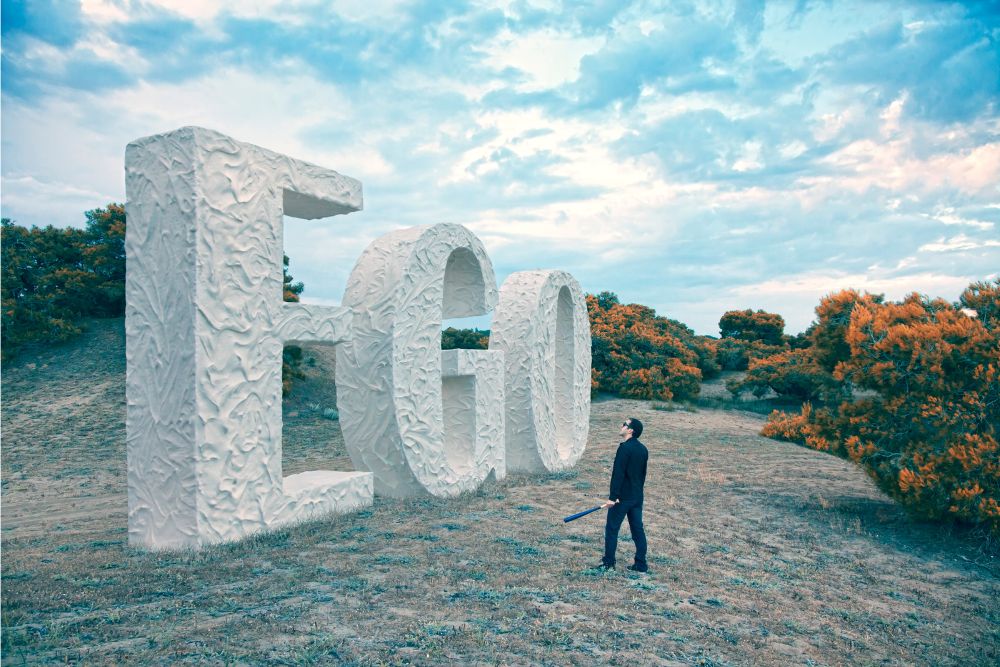
So, in a nutshell, I have learnt that on a personal level the life is a simple matter of learning, growing, living authentically, being at peace with oneself, and going as far as we can with all we have. Success through truth is the will and purpose of God in mankind. Meanwhile I continue to learn and hope to be able to do so for many years to come. The more the life happens to me the more I love it. The accumulated wonder of all that can be encountered in this life –learning, love, family, the sheer privilege of being alive, arts, science, mathematics, literature, philosophy, exploration of nature and of self, philanthropy, service to others, spirituality, transcendental longings etc.- is amazing, simply astounding.
The writer is the author of four books that can be seen at https://www.amazon.com/Asif-Zaidi/e/B07J2S7R11

